Struggling to get your website noticed? You’re not alone. SEO, or search engine optimization, is the key to making your site shine on Google. This article breaks down SEO basics, giving you clear steps to boost your rankings.
Stay tuned for simple tricks that make a big difference.
Key Takeaways
- SEO helps your website stand out on Google, using keywords and making sites faster and easy to use.
- Good SEO uses special tools like Google Analytics to get better. It makes people visit your site more by being high up in search results.
- You need both On-Page and Off-Page SEO to make friends online and have a strong site that’s easy for Google to read.
- Making your site work well on phones is super important because lots of people surf the web that way.
- Keeping track of how many visitors you get helps you know if your SEO is working.
Download Our Free SEO Guide Here!
What is SEO?
SEO stands for Search Engine Optimization. It’s all about making your website shine in the eyes of search engines like Google, which holds over 85% of the market. Think of it as tuning your car for a race, but instead of speeding on a track, you’re racing to the top of search results pages.
SEO involves a mix of keyword research, on-page tweaks, and technical adjustments to help people find your site easily.
Using SEO tools and platforms can guide you through optimizing your site. From Google Analytics to Webmaster Tools, these resources help track how well you’re doing and where you can improve.
Imagine trying to find a book in a huge library without signs or a catalog—that’s what searching the web would be like without SEO. By sprinkling relevant keywords across your pages and ensuring your site runs smoothly on mobile devices too, you make it easier for search engines to understand what your page is about, leading more potential visitors right to your door.

Importance of SEO
SEO makes your website stand out like a shining star in the night sky. It’s like the magic ingredient that brings more visitors to your digital doorstep, making sure they enjoy their visit.
Increases organic visibility
Good SEO pushes your website to the top of Google search results. This means more people see you without having to pay for ads. Think about Amazon, which got a whopping 546.3 million visits from Google users in the U.S alone in November 2023.
That’s huge! And it’s all thanks to nailing their organic visibility.
Getting your site to show up naturally in searches does wonders. For instance, URLs with the right keywords can grab a 45% higher click-through rate. That’s like making sure every word on your website is a magnet pulling in visitors.
Ahrefs.com knows this trick well, racking up an impressive 1.4M monthly visits just through people typing queries into Google and finding them without any paid ads getting in the way.
Drives website traffic
SEO acts like a magnet for website traffic. With the right keywords and content that shines, your website can climb up Google’s ranks. Imagine grabbing some of that massive 168.67 billion monthly visits Google gets.
It’s not magic; it’s about making your site easy to find and click on in search results. This means more eyeballs on your pages.
Take Ahrefs.com as an example – its organic traffic is worth $1.7M if you had to pay for those clicks with ads! That’s because they’ve nailed SEO optimization, from link building to making sure their site answers what people are searching for.
When you get SEO right, it pulls in visitors without breaking the bank on advertisements, transforming search engine results pages into paths leading straight to your site.
Enhances user experience
SEO makes websites easier to use and faster. A site that loads quickly and looks good on mobile makes people happy. Google likes when users are happy, so it looks at how easy a website is to use.
This means things like how fast your pages load and if your site works well on phones are super important.
I once struggled with a website that was slow and confusing. After fixing the speed and making it work better on phones, I noticed more people stayed longer on my site. They found what they needed without getting lost or waiting forever for pages to load.
This showed me first-hand how tweaking little things can make a big difference in keeping visitors happy and coming back.
Core Components of SEO
SEO stands on three pillars: making your site’s content easy to read, building its reputation across the web, and ensuring it runs smoothly on any device. Dive deeper to see how these parts play together for a winning website.
On-Page SEO
On-Page SEO turns your written words into magnets for Google’s eyes. Imagine sprinkling magic dust on your webpage—this is what using the right keywords feels like. It’s all about finding terms people search for and weaving them seamlessly into your content.
Think of each keyword as a beacon, signaling crawlers to come a little closer. But it’s not just about cramming in as many keywords as you can find; that’s where quality steps in.
Your job is to create posts so engaging that readers stick around, sending signals to search engines that you’ve got the goods they want.
Writing title tags with care makes a huge difference too. Keep them between 55-60 characters, making sure they pack a punch with core keywords without being spammy. It’s like putting up a flashy signboard for your blog post—it needs to grab attention while clearly indicating what awaits inside.
Don’t forget those meta descriptions either; think of them as bite-sized sales pitches for your page, offering just enough info to draw clicks from curious searchers. And here’s an insider tip: slap some alt text on images because every picture tells a story much louder if Google can read it too!
Off-Page SEO
Off-Page SEO is like making friends who talk highly of you in public; your website needs friends (backlinks) from other respected sites. Think of link building as asking for referrals.
Focus on creating content others want to share – it’s like being the person everyone wants at their party.
Social media doesn’t just connect people; it boosts your site’s popularity too. Engage with followers and share valuable information to create buzz around your brand. Influencer outreach is another ace up the sleeve.
Partnering with influencers can get your content noticed by wider audiences, leading to more high-quality backlinks and stronger online presence.
Your network determines your net worth in Off-Page SEO.
Technical SEO
Technical SEO needs fast-loading pages and must look good on phones because Google thinks mobile-first. Think about it like this: if your site were a car, technical SEO would be the engine tuning, making sure it runs smooth and quick.
You lock your doors at night, right? Well, securing your site with HTTPS is just like that but for keeping hackers out.
Keeping up with robots.txt files is another big deal in technical safety. It’s like having a no-entry sign for areas of your website you don’t want search spiders crawling around in.
Imagine you’re guiding traffic; you decide which roads are open and which are closed. And don’t forget about sitemaps – they’re like maps at amusement parks but for websites. They tell Google’s crawlers where to find the fun stuff on your site quickly.
All these moves help boost your standings in Google’s eyes without breaking a sweat!

On-Page SEO Explained
On-Page SEO is about making your website’s pages look awesome to search engines. Think of it as teaching Google to read your content like the best book in town.
Keyword research and application
Finding the right words is like choosing the perfect fishing bait; it’s crucial for catching what you’re after. In SEO, that means using specific tools and strategies to find phrases people search for.
- Start with Google’s keyword tool. This free resource shows how often people search for different phrases.
- Use Uber Suggest to get ideas on variations of your main keywords. It can help expand your list.
- Check out WordStream’s keyword tool for niche phrases that might have less competition.
- Explore Keyword Magic Tool by Semrush to discover a wide array of keywords related to your main idea.
- Evaluate keyword difficulty with Moz Keyword Difficulty and SERP Analysis Tool. Pick ones you can realistically rank for.
- Focus on search volume, but don’t ignore relevance and competition levels. The perfect keyword has high searches but low competition.
- Incorporate these keywords naturally into your website’s content, especially in titles, headings, and the first paragraph of your pages.
- Optimize images by using keywords in file names and alt attributes.
- Create engaging meta descriptions for each page that include your target keywords.
By applying these steps, you align your content with what people are searching for, making it easier for them to find you online and boosting your site’s visibility in search engine rankings.
Content quality and relevance
Great content is like a secret sauce for SEO. It pulls readers in and keeps them hooked. Google loves lengthy, well-crafted articles that people find helpful. Think about what your audience wants and give it to them.
Make every word count toward solving their problems or answering their questions.
Content is king in search engines.
Don’t just stuff keywords into your text thinking it will climb Google ranks faster. That trick doesn’t work anymore. Focus on making your articles valuable and interesting to read.
Use images, videos, and infographics to explain things better since many folks prefer visuals over text alone. Good content gets shared on social media and earns backlinks naturally, which boosts your site’s visibility even more.
Title tags and meta descriptions
Title tags are like the cover of a book for your webpage. They should be 55-60 characters to fit nicely on search engine result pages. Think of each title tag as a chance to grab attention in a busy world full of information.
Your meta descriptions need to pack a punch too. Including core keywords in these brief summaries makes your page shine brighter among others on Google’s search list.
Crafting these snippets well improves how often people click on your link. Make them inviting and clear, like welcoming someone into your digital home with open arms. Keep URLs short and sweet, so they’re easy to remember and share.
This mix boosts visits and enhances the path for better user experience across the web landscape.
Header tags and structured data
Using header tags, like H1s for main titles and H2s or H3s for subtitles, organizes your content into neat sections. This tidy structure makes it a breeze for Google’s crawlers to understand what your page talks about.
Imagine trying to read a book with no chapters or headings — pretty confusing, right? That’s how search engines feel without proper headers. Plus, readers find your information faster because everything is in clear view.
Structured data goes a step further by speaking directly to search engines in their language. It’s like adding secret notes to your website that tell Google exactly what’s on the page.
For example, if you’re reviewing a coffee maker, structured data can highlight ratings, price, and manufacturer without humans needing to see these instructions. This special code boosts how eye-catching your results look in searches by adding things like star ratings or price info right under the webpage title in results.
My own exploration into using schema markup – another name for structured data – transformed my recipe blog from just another site into one where dishes stand out with photos and ratings directly on the search results page before you even click.
Off-Page SEO Tactics
Off-Page SEO Tactics: Digging into off-page SEO is like exploring a gold mine for your website’s success. It’s all about the buzz outside your site that helps you shine online. Think networking, but for websites – connecting through quality backlinks, making friends on social media, and getting shoutouts from influencers.
Ready to boost your site’s reputation? Dive right in!
Building quality backlinks
Building quality backlinks is like adding strong ropes to your SEO climbing gear. These ropes help pull your website up Google’s mountain faster. Here’s how to secure those ropes:
- Use the HARO platform to connect with journalists and provide insights or quotes for articles. In return, you get a link back to your site, which Google sees as a vote of confidence.
- Utilize tools such as BuzzSumo to find content that has gained traction in your industry. Create better, updated versions and reach out to those who linked to the original piece.
- Engage on social media by sharing valuable content and interacting with influencers and your audience. Sometimes a simple tweet or share can lead to a mention and a link back.
- Guest post on reputable sites within your niche. Offer them unique, high-quality content that adds value to their readership.
- Participate in relevant online communities like forums and discussion groups related to your industry. Share knowledge without spamming links; instead, build reputation, which can naturally lead others to check out your site and possibly link back.
- Research competitors’ backlink profiles using tools like Ahrefs. Identify where their links come from and see if you can also earn links from those sources.
- Day events or webinars gather attention not only from attendees but also from bloggers and journalists looking for stories. Promote these well in advance for maximum exposure.
- List yourself in trustworthy directories related to your business field but avoid spammy directories that might harm more than help.
- Craft compelling infographics that present data or information connected with your niche interestingly and visually. These often get shared across websites and social platforms, generating backlinks.
- Reach out directly with personalized emails to website owners who run resource pages related to your industry asking them politely if they’d consider including a link to one of your worthwhile resources.
By combining these tactics with consistent effort, you build quality backlinks and establish stronger authority within your industry online—a surefire way of climbing up search engine rankings effectively.
Social media engagement
Social media platforms are like bustling digital marketplaces where your brand can shine. By sharing top-notch content that hits the mark, you light up pathways back to your website.
It’s not just about posting; it’s a two-way street. Talk with your followers, reply to their comments, and really listen to what they’re saying. This makes your brand feel more human and builds trust.
Seeing those likes, shares, and comments pile up does more than boost morale—it signals search engines that people find your content valuable. Think of each interaction as a thumbs-up for your site’s credibility in the vast world of Google rankings.
My own journey saw a noticeable uptick in traffic once I began treating social media engagement as part of my SEO toolkit rather than an afterthought.
Influencer outreach
Reaching out to influencers is like tapping into their followers’ world. You don’t just get high-quality backlinks; you enter a space where your content can shine brighter. Picture reaching out to those with a big online presence in your field and asking them to share your stuff.
It’s not about shooting emails into the void. Instead, it’s more about making real connections. Think of it like making friends who also help spread the word about what you do.
Influencer outreach isn’t just beneficial; it’s essential in today’s digital arena, shared a seasoned digital marketer during our chat last week. They went on explaining that by working alongside influencers, they saw an impressive spike in organic search traffic. This wasn’t because they had magic wands but because these collaborations were genuine and strategic, focusing more on relationship building than mere transactions.

Technical SEO Fundamentals
Technical SEO makes sure your website plays nice with search engines. It’s like oiling the gears so Google can find and love your site easily.
Mobile optimization
Making your website mobile-friendly is like opening the door wide for everyone. Since Google loves sites that work well on phones, it’s smart to make yours one of them. Think about using Google Search Console to check how phone-friendly your site is.
It’s like giving your website a quick check-up.
I once tried to visit a site on my phone, and it was a mess. The text was too tiny, pictures didn’t fit, and links were hard to click. That’s exactly what you don’t want. Make sure pages load fast because nobody likes waiting, especially when they’re on their phone trying to find something quickly.
Mobile users are everywhere, tapping away on their devices, looking for information or shopping online. Your site needs to be ready for them with big buttons and text that’s easy to read without zooming in.
Site speed and performance
Site speed sets the pace for a first impression that sticks. Imagine clicking on a site and waiting…and waiting. Frustrating, right? A snappy website keeps visitors happy and hanging around longer, boosting your chances to impress Google’s search engine too.
Page speed matters a lot – it’s even a ranking factor for both desktop and mobile searches.
Optimizing images can give your site the zip it needs without cutting corners on quality. Using browser caching is like having a secret stash; it helps web pages load faster by remembering visited pages.
Tools like Google Search Console are like your backstage pass to monitor how fast your digital content sprints on the web track.
A second saved is a user earned.
Secure sockets layer (SSL)
SSL certificates are like secret codes for websites that make sure everything you do online is safe. Think of them as invisible bodyguards for your data when it travels from your computer to a website’s server.
Google, the big boss of search engines, gives better spots in search results to sites that use HTTPS—this means they have an SSL certificate working hard to protect user data. So, if you run a website, switching from HTTP to HTTPS not only keeps everyone’s info secure but also might bump your site up in Google’s eyes.
Getting an SSL certificate is like getting a safety stamp for your digital space. Once installed, it scrambles data into code so sneaky hackers can’t read it.
Websites with HTTPS in their address let visitors know they’re in a secure zone where their information is encrypted and kept away from prying eyes. Using tools like Let’s Encrypt makes getting this security seal easier and more affordable than ever before.
It shows users and search engines alike that you value privacy and security, making your site more trustworthy and potentially boosting its place on the web’s most-wanted list – the first page of Google search results.
XML sitemaps and robots.txt
XML sitemaps act like a road map for search engines to follow, guiding them through your site’s pages. By submitting your sitemap to Google Search Console, you speed up the process of getting your pages found and indexed.
Think of it as inviting Google over for a tour of your website. Keep that map clean and up-to-date to ensure none of your important pages are missed.
Robots.txt is the bouncer at the door, telling search engines what parts of your site they can and cannot crawl. Use it wisely to prevent access to duplicate content or private areas that don’t need indexing.
This way, you’re in control, making sure search engines only focus on the content that matters most for ranking on their results pages.
Conclusion
SEO guides Google and friends right to you. Think of keywords as X marks the spot, where content is gold waiting to be found. Keep your site shipshape with technical SEO, and don’t forget to wave hello from social media shores for off-page SEO.
With these tools in hand, you’re ready to sail the web’s vast oceans. So hoist your sails and may the winds of search engines push you toward success!
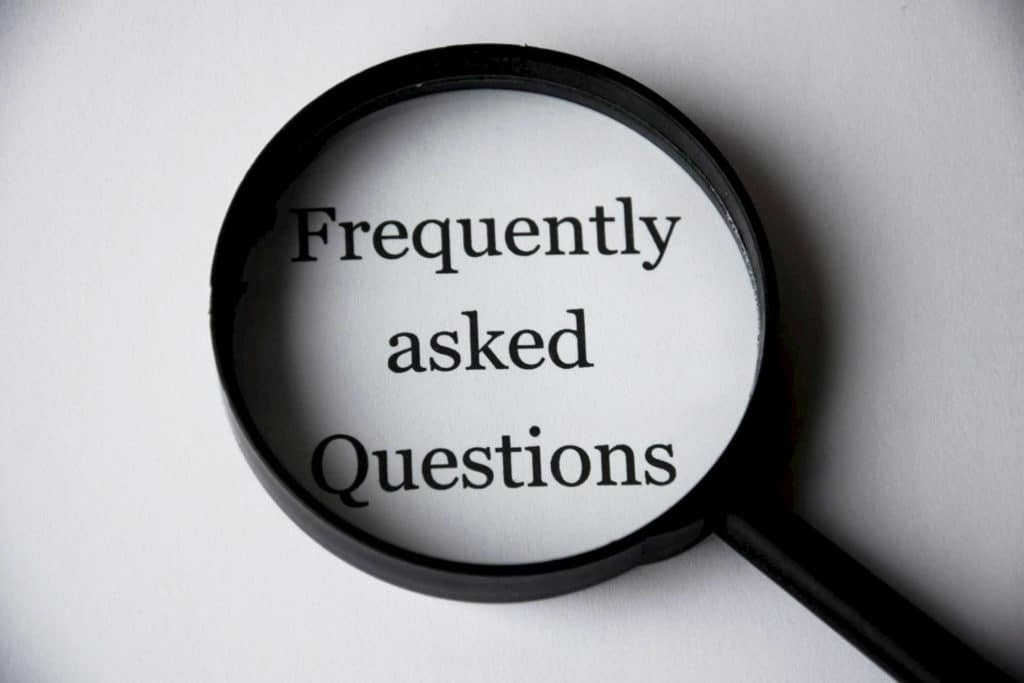
Frequently Asked Questions
-
What are some on-page SEO techniques to help my pages rank higher?On-page SEO techniques for higher rankings include content optimization, meta tags usage, and avoiding keyword stuffing. Also, your site should be optimized for search engines with a responsive design and user experience (UX) in mind.
-
How does link building impact my website’s ranking?Link building can boost your credibility and improve click-through rates by passing “link juice” from high-quality sites via backlinks.
-
Why is it crucial to optimize images on my website?Image optimization plays an essential role in SEO strategy! Using alt tags or alt attributes along with descriptive filenames helps web-crawlers understand the image content better which could lead to better rankings.
-
Can CDNs and CSS affect my webpage's SEO performance?Absolutely! Content Delivery Networks (CDNs) speed up page loading times while clean CSS ensures smooth crawling of your site by search engine bots – both contributing towards a great user experience.
-
How can I make sure that the content on my website matches the search intent of my target audience?High-quality content that aligns with keyword analysis results will ensure you meet your audience's search intent effectively - no need for clickbait here!
-
What is off-page SEO, and how does it compare to on-page SEO tactics?Off-page seo involves external linking strategies like backlinks from social media platforms or other websites enhancing your site’s authority whereas On-Page focuses more on elements within your own pages such as URL optimization, meta-description etc.


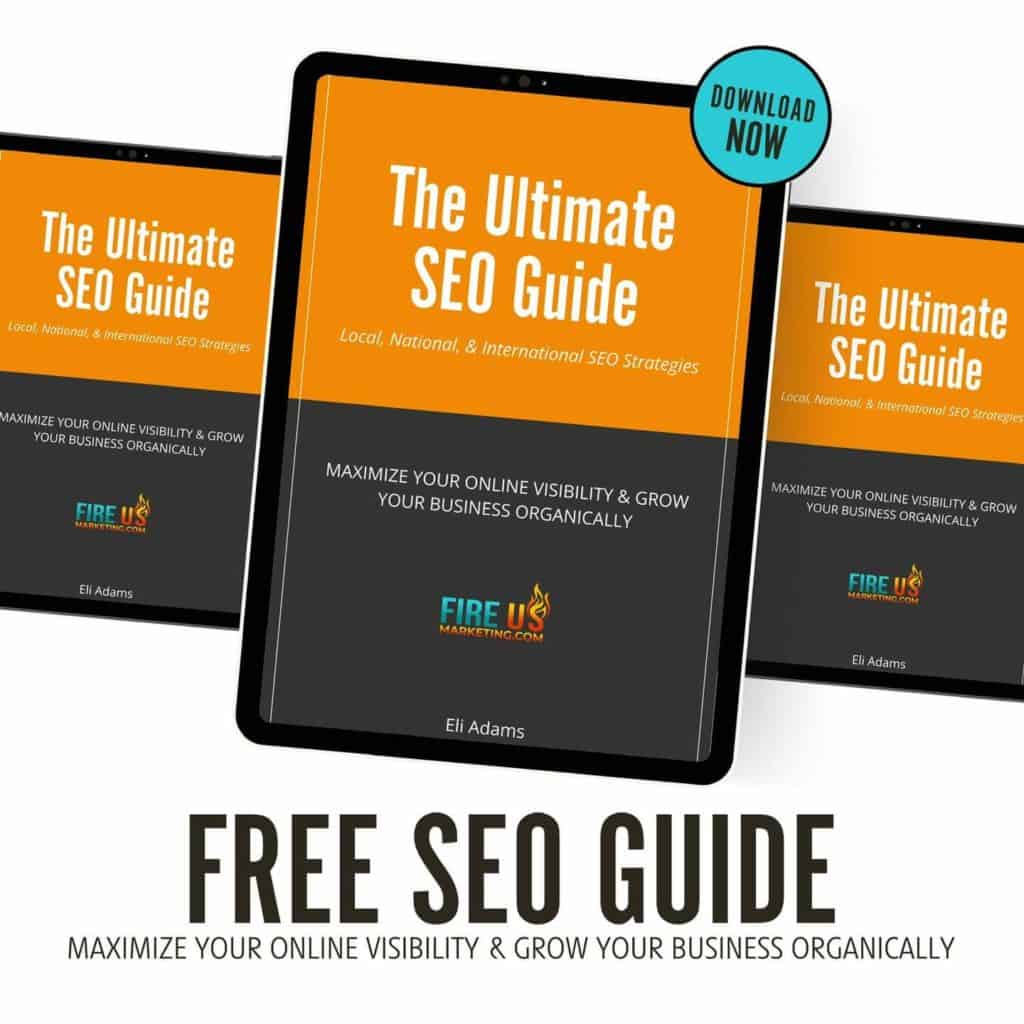

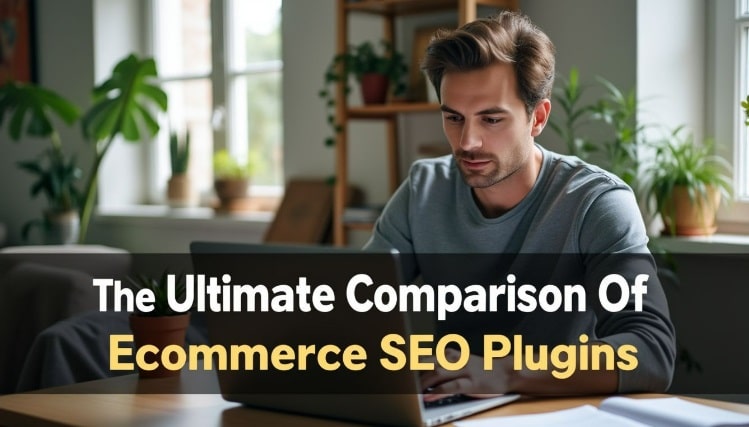




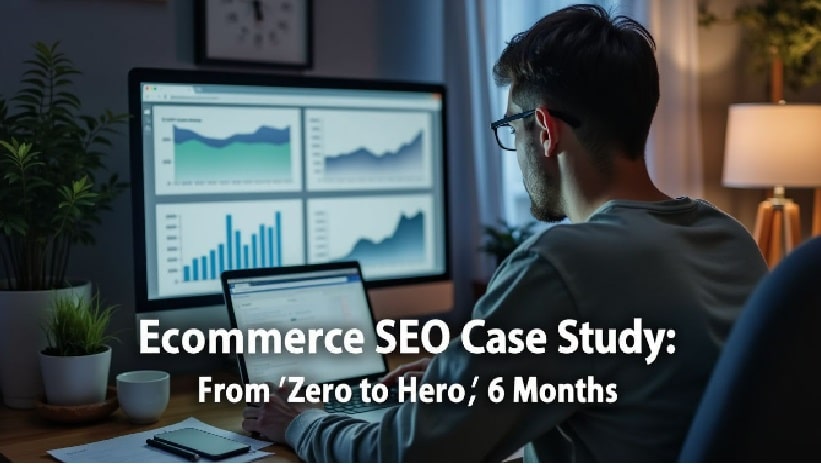
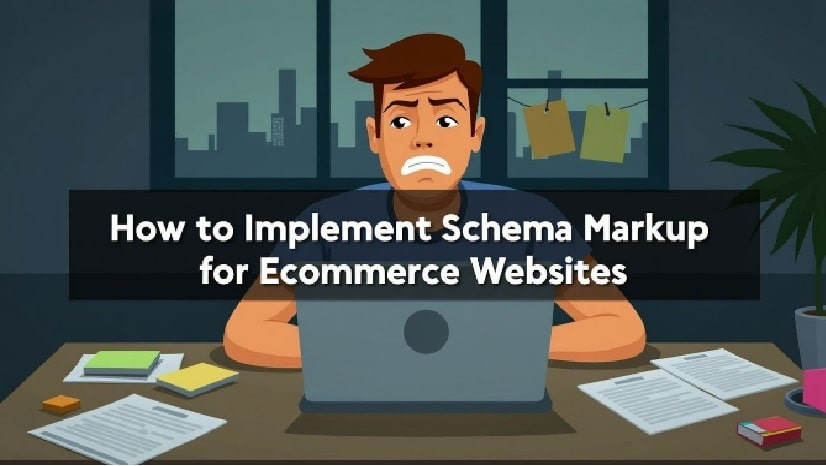






0 Comments